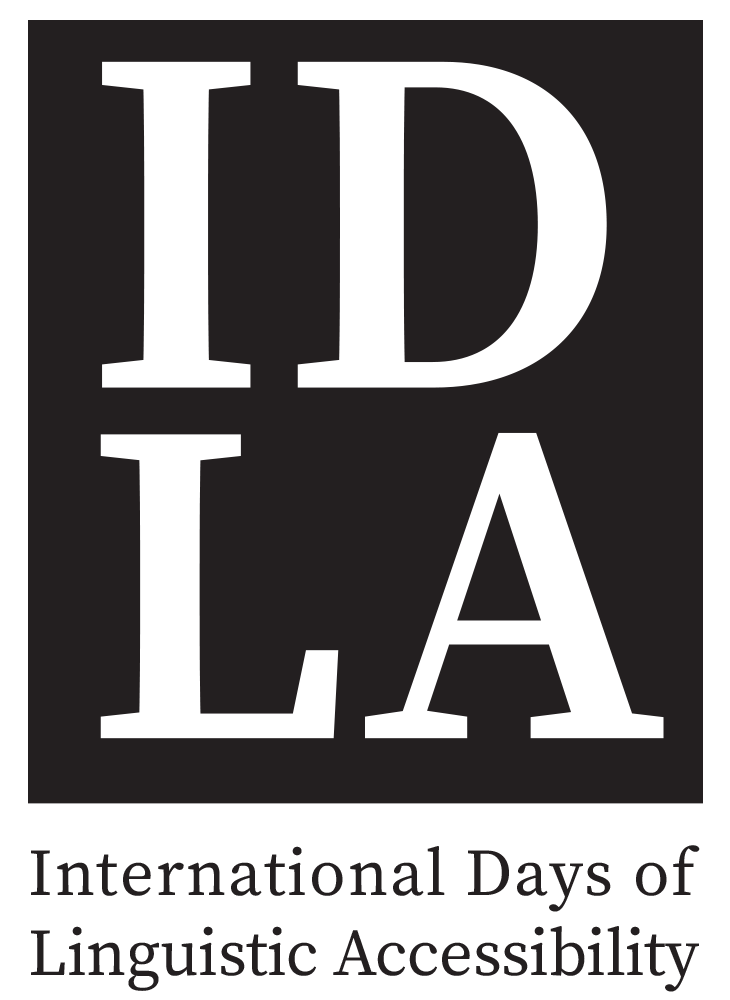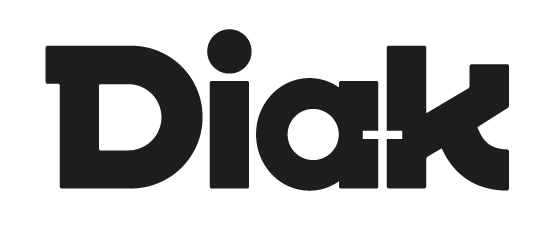Idla
Welcome to the webpage of the IDLA-seminar organized by Diak UAS and Humak UAS!
The Seminar 2024 will take place at Diak University of Applied Sciences (Kyläsaarenkuja 2, Helsinki) on 16.-17.5.2024. This year, our topic is linguistic accessibility and wellbeing. The registration for guests is open until April 30th. 2024.
On May 16th, we will use English and International Sign. On May 17th, the seminar will be held in Finnish and in Finnish Sign Language. On both days, also speech-to-text interpreting will be available.
The seminar will be of interest for you if you
- are interested in the connection of linguistic accessibility and wellbeing
- need ideas and support when it comes to communication issues
- would like to share you experiences with others how linguistic accessibility is realized in your life
- would like to meet experts on linguistic accessibility and wellbeing
- would like to discuss topical themes related to linguistic accessibility and wellbeing
- have some solutions or development suggestions that help support wellbeing by linguistic accessibility means.
The lectures, workshops and posters deal with different aspects of linguistic accessibility.
Examples on possible seminar topics and subjects of conversation:
- the usage of the own mother tongue as a factor of wellbeing
- wellbeing and multilingualism
- language and identity
- accessible communication in relation to wellbeing
- plain language and plain signing as supporting methods for inclusion
- linguistic rights and inclusion
- languages as a part of children’s wellbeing
- AAC methods and inclusion
- linguistic equality in Finnish wellbeing services counties
- client encounters and communication in social and healthcare services
- the usage of the own mother tongue in services
- the fulfillment of linguistic rights in society
- diversity and usage of languages in society
- the effect of linguistic equality on coping with work and wellbeing at work
- linguistic inclusion at work
- linguistic awareness of the working community
- diversity and usage of languages at work
- communication in a multilingual working community
- encounter skills and wellbeing at work
- understanding and getting understood as a factor of wellbeing
- the impact of appreciative encounters for wellbeing
- high quality interpreting and the client’s wellbeing
- linguistic accessibility and technology as wellbeing factors
- the interpreter’s wellbeing
Additionally, we are open for other topics that are connected to linguistic accessibility, communication and wellbeing.





